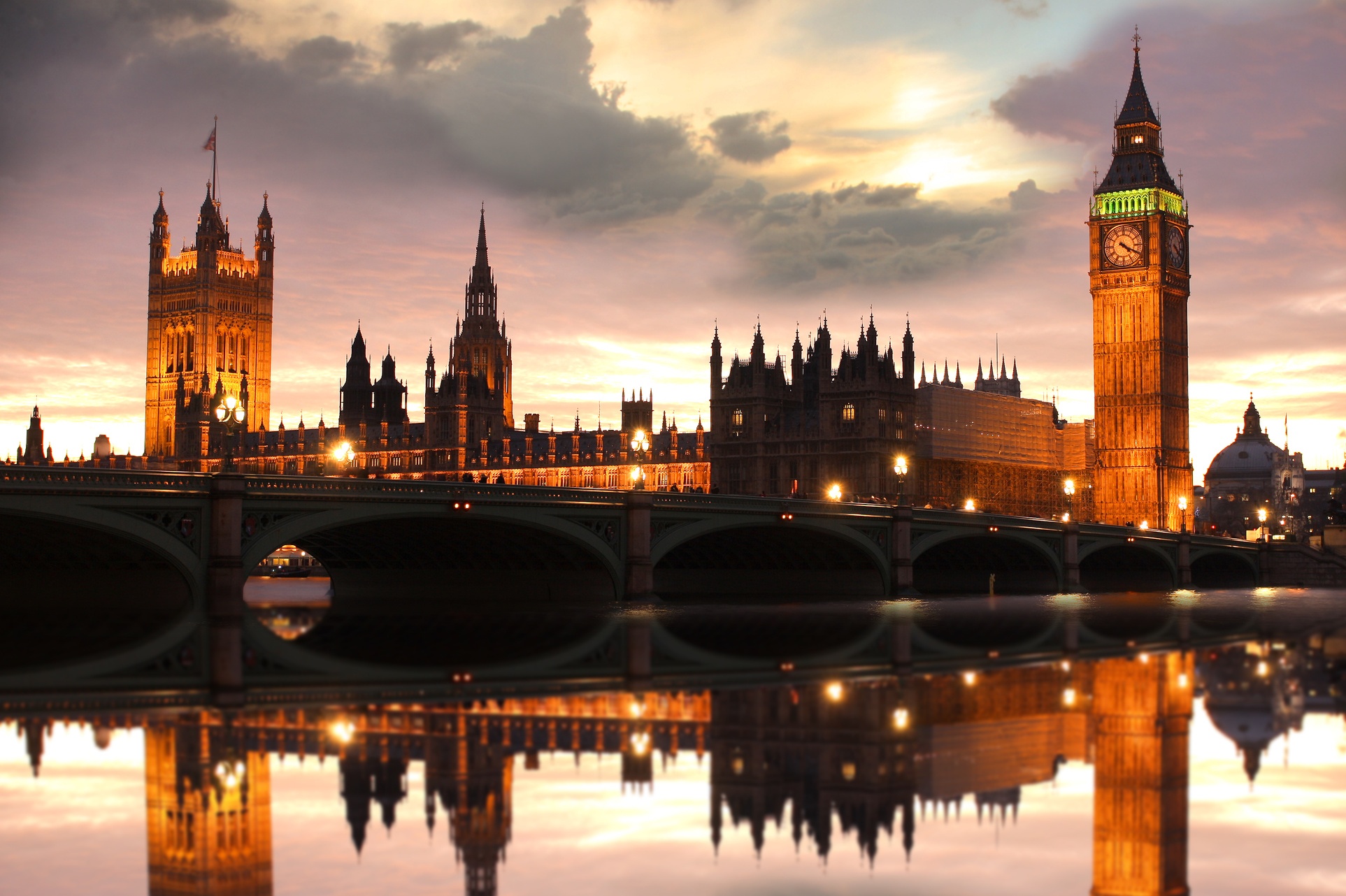House of Lords hits out at Snooper's Charter
Privacy and practicality worries could give the IP Bill a rough ride through the upper house


Members of the House of Lords have raised concerns about the content of the Investigatory powers Bill, known also as the Snooper's Charter, which started being debated in the House yesterday.
Particular concerns have been raised around the protections for journalists and their sources, as well as the privacy of the general public.
Press Gazette reports that Lords Rosser and Strasburger spoke out against the bill's current wording.
Lord Rosser said: "We have already secured amendments to the bill providing that judicial commissioners, when considering a warrant, must give weight to the overriding public interest in a warrant being granted for the use of investigatory powers against journalist ... however, there are still matters outstanding on this point, including the extent to which the bill does or does not provide for the same level of protection for journalists as is currently the case under the Police and Criminal Evidence Act."
"There is also the question of the definition of who is and who is not a journalist now that we are in the digital world," he added. "This is not about preserving the special status of individuals who work in journalism or the legal profession, or indeed as parliamentarians, but about protecting the public and their ability to raise issues through these channels on a secure and confidential basis."
Lord Strasberger, meanwhile, said: "There needs to be much better protection in the Bill, as we have already heard, for privileged communications such as those between lawyers and their clients, journalists and their sources and MPs and their constituents."
He added that the provision for the indiscriminate bulk collection of data from internet users is "highly intrusive, difficult and expensive to implement".
Sign up today and you will receive a free copy of our Future Focus 2025 report - the leading guidance on AI, cybersecurity and other IT challenges as per 700+ senior executives
He also pointed out that reviews of such policies in Denmark and the USA have revealed they had no significant impact on detecting and preventing crime. The former country therefore abandoned the practice in 2014, although the latter has not formally undertaken any such measures yet.
Lord Paddick sounded a similar note, with both him and Strasberger pointing out that the security services, who are supposed to benefit from this clause, had not actually asked for it.
Strasberger also hit out at the continued threat to encryption contained in the Bill, saying that it needs to be removed in its entirety, for both security and democratic reasons.
"Strong encryption, as the Government have recognised in this House, is vital to our personal security and the integrity of our finance and commerce sectors. If [the bill] were enacted unchanged, innocent UK citizens would not be far behind their North Korean and Chinese counterparts in a contest to be the most spied-on population in the world. The powers in the Bill are very broad and very intrusive--more so than in any of our democratic allies."
Although the House of Commons has voted to pass the IP Bill, the Lords could defeat it, particularly as there is a Conservative minority in the house.

Jane McCallion is Managing Editor of ITPro and ChannelPro, specializing in data centers, enterprise IT infrastructure, and cybersecurity. Before becoming Managing Editor, she held the role of Deputy Editor and, prior to that, Features Editor, managing a pool of freelance and internal writers, while continuing to specialize in enterprise IT infrastructure, and business strategy.
Prior to joining ITPro, Jane was a freelance business journalist writing as both Jane McCallion and Jane Bordenave for titles such as European CEO, World Finance, and Business Excellence Magazine.
-
 Redefining resilience: Why MSP security must evolve to stay ahead
Redefining resilience: Why MSP security must evolve to stay aheadIndustry Insights Basic endpoint protection is no more, but that leads to many opportunities for MSPs...
-
 Microsoft unveils Maia 200 accelerator, claiming better performance per dollar than Amazon and Google
Microsoft unveils Maia 200 accelerator, claiming better performance per dollar than Amazon and GoogleNews The launch of Microsoft’s second-generation silicon solidifies its mission to scale AI workloads and directly control more of its infrastructure
-
 UK government to fund regional tech programs up to £20m
UK government to fund regional tech programs up to £20mnews Local and regional partnerships invited to bid for support for established or developing projects
-
 Government’s ‘Humphrey’ AI tool helps local authorities cut costs
Government’s ‘Humphrey’ AI tool helps local authorities cut costsNews The Minute tool, part of the Humphrey AI assistant, is being trialled at 25 councils
-
 The UK government hopes AI will supercharge public sector digital transformation – IT leaders aren’t so sure
The UK government hopes AI will supercharge public sector digital transformation – IT leaders aren’t so sureNews Research from SolarWinds shows public sector transformation is progressing at a snail's pace despite IT leaders pushing for rapid improvements.
-
 Starmer bets big on AI to unlock public sector savings
Starmer bets big on AI to unlock public sector savingsNews AI adoption could be a major boon for the UK and save taxpayers billions, according to prime minister Keir Starmer.
-
 UK government targets ‘startup’ mindset in AI funding overhaul
UK government targets ‘startup’ mindset in AI funding overhaulNews Public sector AI funding will be overhauled in the UK in a bid to simplify processes and push more projects into development.
-
 UK government signs up Anthropic to improve public services
UK government signs up Anthropic to improve public servicesNews The UK government has signed a memorandum of understanding with Anthropic to explore how the company's Claude AI assistant could be used to improve access to public services.
-
 US government urged to overhaul outdated technology
US government urged to overhaul outdated technologyNews A review from the US Government Accountability Office (GAO) has found legacy technology and outdated IT systems are negatively impacting efficiency.
-
 Government urged to improve tech procurement practices
Government urged to improve tech procurement practicesNews The National Audit Office highlighted wasted money and a lack of progress on major digital transformation programmes